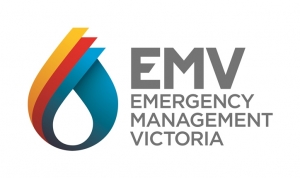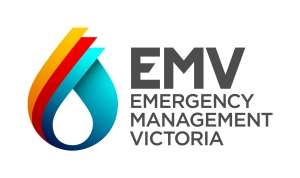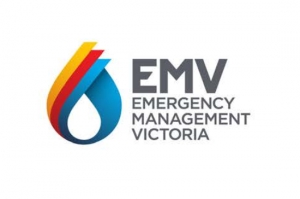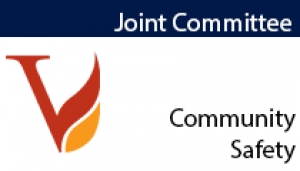Emergency Management and Disaster Resilience day
Wednesday 28 September 2016 - This Emergency Management and Disaster Resilience day is part of the Australasian Simulation Congress (ASC) at the Melbourne Convention Centre.
This is an opportunity for those who use and develop simulation activities for emergency management to get together and exchange ideas.
Subjects for discussion will include high tech simulation, live exercising, map exercises, community planning workshops etc.
Download the information flyer here
Discount registration for volunteers has been organised through AFAC, and is $310 per person instead of the regular price of $530 – contact Benjamin Smith This email address is being protected from spambots. You need JavaScript enabled to view it. or Todd Mason This email address is being protected from spambots. You need JavaScript enabled to view it.
This covers attendance at the panels and paper sessions, lunch and tea, and access to the exhibition space.
Separately, the conference also offers a master class on Monday, 26 September, covering fire safety and evacuation. See www.simulationcongress.com for more details on the master class.
Incident Management Training - Calendar and Application Form
Updated July 2015 Calendar available for download below
The Statewide 2015 IMT course application form is now available at Brigades Online - members from emergency service agencies, including CFA, DELWP, MFB, SES and EMV, can access a variety of courses.
The courses are designed to provide technical skills necessary to undertake a number of IMT roles. Following training, there are agency specific requirements that must be met in order to become fully accredited in a particular role.
To nominate for one of the courses in the calendar, you need to complete the course nomination form before the course closing date. Both training and role pre-requisites are outlined. You must have all pre-requisites before nominating for a course.
If you have been identified by your District for a course, you need to complete the IMT training nomination form authorised by your District Operational Manager. If you are a staff member, you will have to speak to your functional manager for approval.
Click here for the course nomination form at Brigades Online
See below to download an updated (July 2015) copy of the course calendar.
Emergency Management Volunteer Statement - Have Your Say
Note from VFBV CEO Andrew Ford:
The Emergency Management Commissioner, with in-principle support from the Minister and Premier, has released a draft Emergency Management Volunteer Statement for consideration and feedback from VFBV and volunteers.
The VFBV Board and CEO were invited to provide comments on an initial draft and are happy to report that essentially all of our early feedback has been incorporated into this current draft.
CFA volunteers already place a high value on the existing CFA Volunteer Charter and legislative backing that supports it. The draft Emergency Management Volunteer Statement wording and the formal commitment from Craig Lapsley as Emergency Management Commissioner, and on behalf of the Government as Chair of the Minister’s Volunteer Consultative Forum, has confirmed that the intent of the Emergency Management Volunteer Statement is to strengthen and complement the existing CFA Volunteer Charter, which will continue as an enduring commitment between Government, CFA and VFBV on behalf of CFA volunteers.
As VFBV Chief Executive Officer, my broad view is that the draft Emergency Management Volunteer Statement is a positive and reinforcing commitment by the Victorian Government and Emergency Management Sector to consult and engage with volunteers in emergency management on matters that affect them.
VFBV has been requested to provide further feedback and ideally endorsement of the Statement before 17 July 2015. I think this Emergency Management Volunteer Statement is a positive initiative and invite your comment and/or suggestions for refinement, prior to VFBV providing final advice to the EM Commissioner on 17 July.
Andrew Ford
Chief Executive Officer
Click here for the draft Emergency Management Volunteer Statement and the online feedback form.
Emergency Management Commissioner's Tribute to Volunteers
Emergency Management Commissioner Craig Lapsley has posted his National Volunteer Week video tribute to emergency volunteers on YouTube – you can see it here.
There are close to 100,000 emergency volunteers in Victoria, including 60,000 CFA volunteers.
Here are some CFA volunteer facts and figures:
- There are nearly 60,000 CFA volunteers in more than 1,200 Brigades statewide
- Emergency volunteering is a professional field, with volunteers trained to nationally recognised standards, and CFA Brigades protecting 60% of suburban Melbourne, regional cities and country Victoria, every day and night of the year
- CFA Brigades deal with all manner of emergencies all year round, including house fires, industrial fires, road accidents, floods, chemical spills and rescues, as well as the bushfires of summer
- There are approximately 10,000 CFA volunteers in the outer suburbs of Melbourne
- The CFA’s volunteer firefighters are emergency services professionals with nationally recognised qualifications, working to the same response standards as paid firefighters
- There are also thousands of non-operational CFA volunteers, performing vital support roles, handling equipment maintenance, fundraising, administration and community education
- CFA volunteers are more than 90% of the state’s fire fighting force and 97% of CFA. The great capacity of the volunteer system allows CFA Brigades to provide thousands of trained, experienced firefighters to combat bushfires and other emergencies such as floods, while still providing round-the-clock protection to their own communities
- CFA Brigades protect 3.3 million Victorians and one million dwellings every day and night of the year.
2014 VFBV Volunteer Survey - People Management - My Brigade
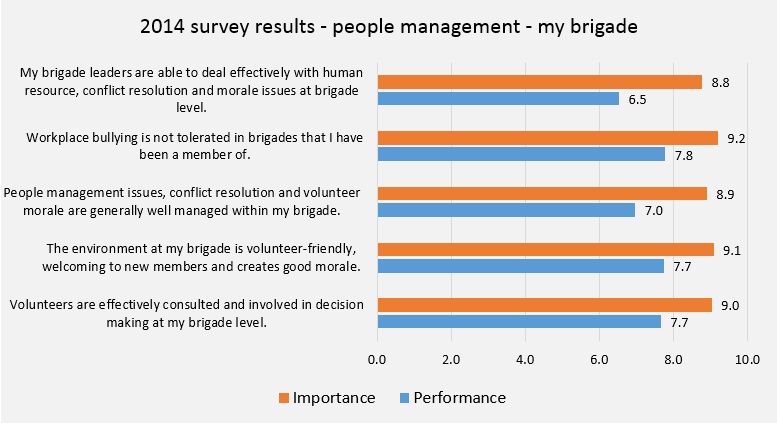

The 2014 survey scores for importance against specific statements in the ‘people management – my brigade’ theme scored equal highest against statement scores across the survey.
The statement “Workplace bullying is not tolerated in the brigades that I have been a member of” scored 9.2 for importance in the 2014 survey, consistent with the score of 9.3 received in 2013. The statement “the environment at my brigade is volunteer friendly, welcoming to new members and creates good morale” scored 9.1 for importance in the 2014 and 2013 surveys.
These scores are supported by written comments received from respondents that relate to their own brigades, with comments relating to a high level of importance amongst volunteers for a safe and welcoming brigade environment, free of bullying or other forms of harassment.
In the written comments, there is a common and substantial concern raised about bullying and harassment, and the poor level of response and support for resolving conflict when it does occur.
One interpretation of the spread and the tone of the commentary could be that when things are going well there is generally a high degree of satisfaction.
However, when there are problems in particular brigades or locations, these have a specific impact on the people involved and are generally not managed as well as they should be.
The comments are consistent with written survey responses to statement fourteen, suggesting that some brigades need more support in this area.
Comments also suggest that there are ‘cliques’, instances of ‘them and us’, ‘clubs’ and other cultural elements that negatively impact on volunteers generally as well as impacting on teamwork and the effective utilisation of many willing volunteers.
There are several comments suggesting conflict situations, problem individuals (both paid and volunteer) and problem cultural elements are not dealt with as quickly as they should be.
There is also a concerning trend suggesting that people are discouraged from speaking out and a repeating concern that officers responsible for dealing with conflict are not objective. A theme recurring through many responses is the need for better leadership development and a more effective process for dealing with conflict resolution that includes a safeguard against subjectivity (described as favouritism by some).
The commentary suggests that when things are working well (which is the predominant assessment across the survey) service as a CFA volunteer is reasonably comfortable, but when conflict escalates, the current approach does not cope as well as volunteers expect it to, leaving issues to escalate and cause long term impacts.
Some of the comments suggest a desire for CFA leadership and support staff to take a more active role when conflict resolution is required. Several comments seek a mechanism whereby VFBV or some other independent organisation can ensure reasonable protocols are in place and that appropriate support is provided to individuals in conflict or bullying situations.
Survey performance scores have dropped slightly from 2013, resulting in a gap score of 1.7. This theme is one of only two to see an increase in gap from 2013 to 2014 (respect and professionalism being the other theme with an increased gap).
West and South West Regions have lower gap scores than other Regions. Further analysis of the factors influencing these results may reveal more valuable information.
Incident Management Training - Calendar and Application Form Online
The Statewide 2015 IMT calendar is now available at Brigades Online - members from emergency service agencies, including CFA, DELWP, MFB, SES and EMV, can access a variety of courses.
The courses are designed to provide technical skills necessary to undertake a number of IMT roles. Following training, there are agency specific requirements that must be met in order to become fully accredited in a particular role.
To nominate for one of the courses in the calendar, you need to complete the course nomination form before the course closing date. Both training and role pre-requisites are outlined. You must have all pre-requisites before nominating for a course.
If you have been identified by your district for a course, you need to complete the IMT training nomination form authorised by your District Operational Manager. If you are a staff number, you will have to speak to your functional manager for approval.
Click here for the calendar at Brigades Online
Click here for the course nomination form at Brigades Online
THANK YOU FOR HELPING SOUTH AUSTRALIA
CFA has just received a letter from Emergency Management Commissioner Craig Lapsley, expressing his thanks to all involved in supporting South Australia's efforts to fight major fires in the Adelaide Hills.
Commissioner Lapsley also commended the Victorian Emergency Services personnel who at the same time have been fighting major fires in central and western parts of Victoria, and everyone providing support to those on the front line.
See below for the full text of the letter:
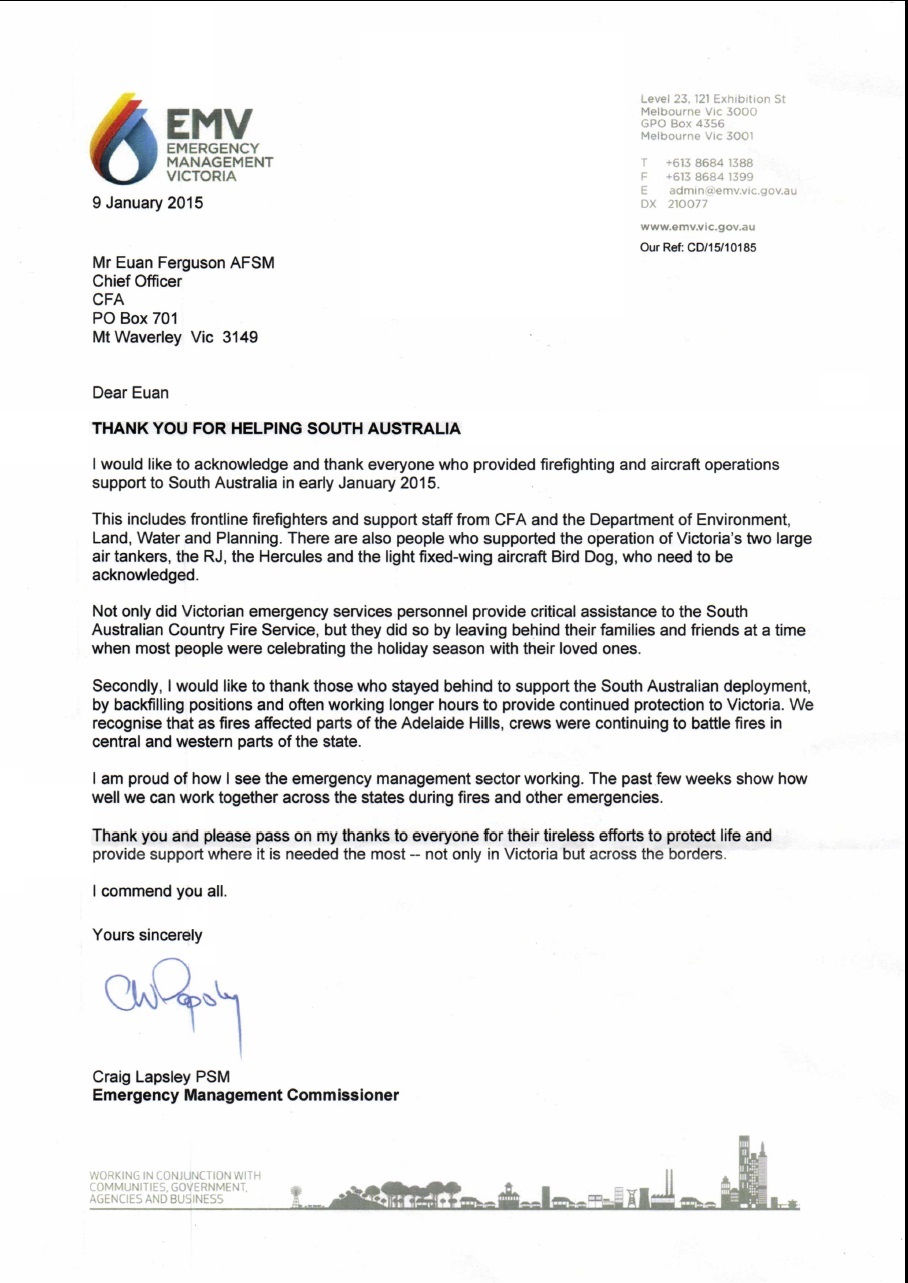
2 Minute Briefing - Community Safety Advisory Committee
Issue 5, 19 May 2013
Quick snapshot of the priority issues and actions worked through at the most recent Joint Committee meeting between CFA and VFBV. (Meeting held 19/05/2013)
PLANNED BURNING SURVEY 2013
Continuing on from our last 2 Minute Briefing the Committee has suggested refinements to the content of the survey which will canvas the attitudes towards, experiences with and brigade expectations of planned burning.
Many brigades already use planned burning as excellent training and skills maintenance activities, and recognise that participating in planned burning contributes significantly to our understanding of fire behaviour and tactics. And yet brigades do not have the ability to track, report or recognise their members’ involvement through a CFA centralized system.
Recognising there are significant limitations on how much planned burning volunteers can do and that planned burning is a high risk activity requiring trained and experienced fire fighters and resources, the survey asks questions about brigade participation, past, present and future. The survey explores possible future brigade capacity to be more involved in planned burning operations, and the support volunteers would require, and allows members to indicate the barriers to brigade participation they see such as volunteer availability, access to training, skills maintenance opportunities, and equipment and resourcing requirements.
CFA is under increasing pressure to be more involved with planned burning, so it is vital that members assist with identifying any barriers or frustrations that prevent volunteers from being more involved. Your feedback to this survey will shape future CFA & Government policy.
RESIDENTIAL FIRE SAFETY CAMPAIGN 2013
Facts: More people die in Victoria each year from house fires – than they do from bushfires. Most fatal fires occur in the home! They can be prevented. One third of all residential fires occur in the kitchen. Under the CFA Act, Brigades are not only required to respond to these fires when they occur, but also to assist their community prevent these kind of fires in the first place.
The Home Fire Safety Campaign is a joint MFB/CFA campaign and it acknowledges the fact that house fires happen all year round. The campaign will commence in late May and will feature high profile chef ambassadors attracting the media and spreading the message about understanding fire risks in the home.
Delegates were briefed in the campaign details and are working with CFA to ensure the message reaches local and regional communities as well as metropolitan Melbourne.
VEGETATION MANAGEMENT
In addition to the Planned Burning Survey, the committee has requested CFA perform a review of its Vegetation Management Program to better understand the successes of the program as well as any barriers preventing VMO’s from assisting brigades with their needs. Brigades will be asked to contribute specific examples of vegetation management issues to the review as well as their feedback regarding their involvement with Vegetation Management Officers since the program commenced in 2010.



